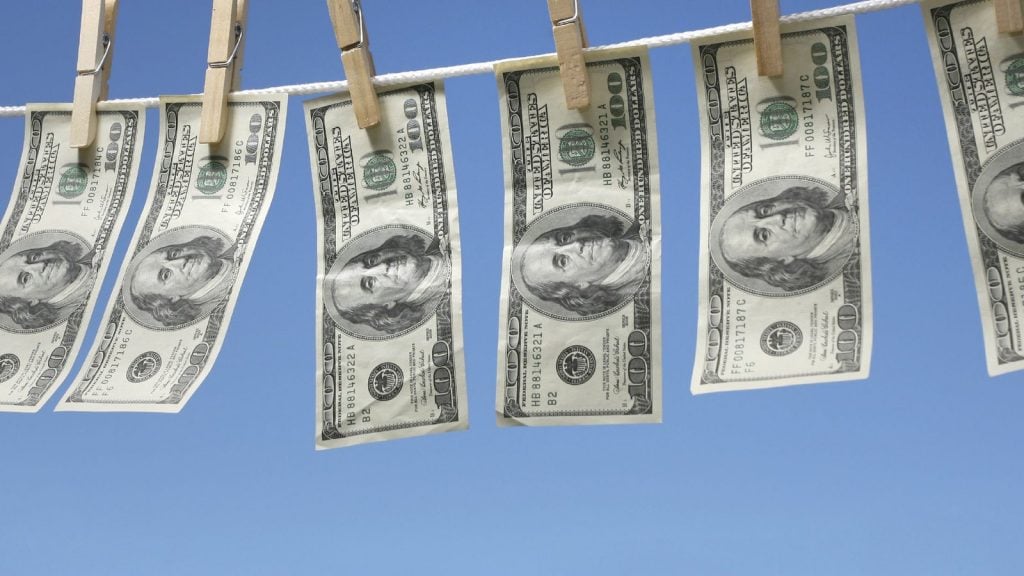Nations are increasingly trying to crack down on money laundering schemes that center on real estate transactions, according to a report by Mansion Global.

The report notes that real estate money laundering schemes around the world are used to facilitate around $1.6 trillion a year in illegal cash flow worldwide.
“Real estate has always been a favorite asset for criminals, through which they would launder their money,” Brigitte Unger, a professor at the University of Utrecht in the Netherlands and an expert in global money laundering issues, told Mansion Global.
But the problem has now become so acute that real estate purchases tied to organized crime are actually being blamed for rising home prices in some countries. Criminals often buy real estate in cities where housing is highly valued. These homes will usually be hidden behind a shell company, and then either rented or remodeled using criminal funds, before being sold at a profit.
To prevent this, the U.S. Treasury Department’s investigative unit, called FinCEN, in 2017 lowered the threshold for real estate transaction sizes involving shell companies that require title companies to identify the parties behind those firms. The new threshold is just $300,000, which means any transactions above that amount must submit details on who owns the shell companies. In addition, any transactions that involve cryptocurrency must also disclose those details.
The order applies to all title companies in Boston, Chicago, Dallas-Fort Worth, Honolulu, Las Vegas, Los Angeles, Miami, New York, San Antonio, San Diego, San Francisco, and Seattle, Mansion Global said.
FinCEN said that since the threshold was lowered, cash purchases have fallen by around 70 percent. But security experts fear that criminals have just switched to buying real estate outside of those 12 markets.
Other countries are stepping up their efforts too. The British Parliament introduced legislation in 2018 to require foreign owners to identify themselves in real estate purchases. The bill has not yet passed, but the registry is supposed to be made public by 2021. Owners who don’t comply could be sent to prison for two years or face fines.
Meanwhile in Germany, lawmakers introduced a transparency registry in 2017 that requires all shell companies to list the real owner of any property. A failure to do so would result in a fine of $1.15 million.